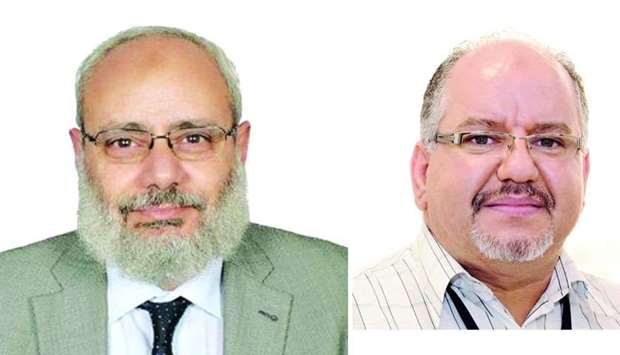Over 295,000 babies born in Qatar since 2003 have been screened for metabolic and endocrine disorders, including rare diseases, as part of the National Newborn Screening Programme, it was announced on Tuesday. Of these, 958 babies have been diagnosed with a rare disorder or genetic condition.
Qatar was the first country in the region to establish a national newborn screening programme, implemented in December 2003. Dr Ghassan Mustafa Abdoh, senior consultant neonatologist and head of the neonatal screening unit at Hamad Medical Corporation’s Women’s Wellness and Research Centre (WWRC) said under the national programme, all babies born in Qatar are screened for metabolic and endocrine diseases and disorders.
“The newborn screening programme is free of charge and is considered one of the most successful preventive public healthcare programmes in Qatar. At the time of its inception, the screening panel included 32 disorders. Over the years, the panel has been expanded and now includes more than 80 diseases. Recently, screening for blood disorders was included and the plan is to add additional disorders. The incidence of metabolic disorders is one in 961 babies and the incidence of endocrine disorders is one in 1,767 babies,” Dr Abdoh said.
To highlight World Rare Disease Day, observed globally each year on the last day of February, Dr Tawfeg Ben-Omran, HMC’s head of Clinical and Metabolic Genetics Division is advising parents to ensure their baby is screened for rare and genetic diseases within 72 hours of birth. He says the routine screening, often called a ‘heel prick’ test, involves taking a few drops of blood from the baby’s heel.
“A blood test performed shortly after birth looks for treatable diseases that usually show no symptoms in the newborn. Early detection of these diseases will prevent serious health problems and can save lives,” Dr Ben-Omran said.
“Rare diseases are characterised by a broad diversity of disorders and symptoms that vary not only from disease to disease but also from patient to patient. Relatively common and non-specific symptoms can hide underlying rare diseases, leading to misdiagnosis,” he said.
Dr Ben-Omran noted that it is important that all newborns are screened for inherited rare diseases. He added that HMC’s Clinical and Metabolic Genetics Division is committed to furthering understanding of the genetic components of population-specific diseases, particularly those most likely to occur among people who trace their ancestry to Qatar and the surrounding region.

